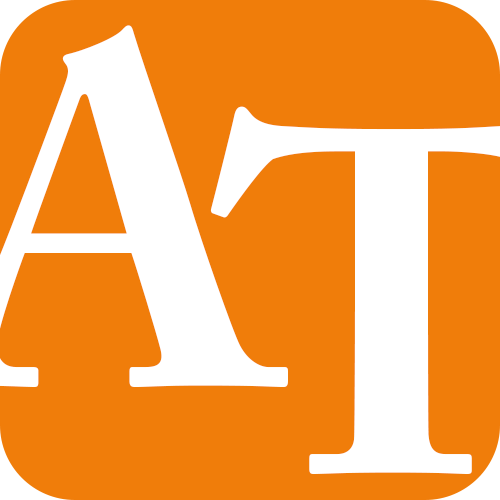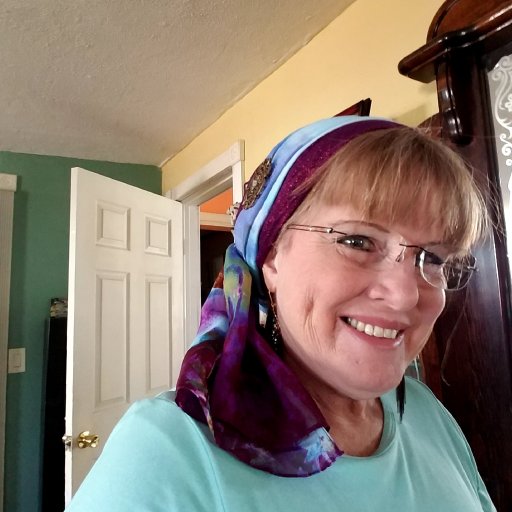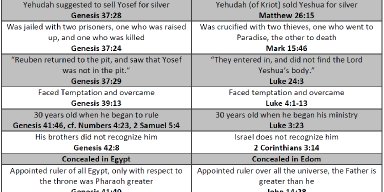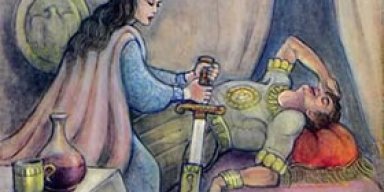“….And Shem and Yefes took the garment, and placed it on both of their shoulders. They walked backwards, and they covered their father’s nakedness. their faces were turned backwards and they did not see their father’s nakedness…..” (Bereishit 9:23)
״…ויקח שם ויפת את השמלה וישימו על שכם שניהם וילכו אחורנית ויכסו את ערות אביהם ופניהם אחורנית ןערות אביהם לא ראו….״ – בראשית ט,כג
 https://www.atzmut.com/wp-content/uploads/2014/10/noach-300x224.jpg 300w, https://www.atzmut.com/wp-content/uploads/2014/10/noach-73x55.jpg 73w, https://www.atzmut.com/wp-content/uploads/2014/10/noach-60x44.jpg 60w, https://www.atzmut.com/wp-content/uploads/2014/10/noach-95x70.jpg 95w, https://www.atzmut.com/wp-content/uploads/2014/10/noach-228x172.jpg 228w, https://www.atzmut.com/wp-content/uploads/2014/10/noach-65x50.jpg 65w">
https://www.atzmut.com/wp-content/uploads/2014/10/noach-300x224.jpg 300w, https://www.atzmut.com/wp-content/uploads/2014/10/noach-73x55.jpg 73w, https://www.atzmut.com/wp-content/uploads/2014/10/noach-60x44.jpg 60w, https://www.atzmut.com/wp-content/uploads/2014/10/noach-95x70.jpg 95w, https://www.atzmut.com/wp-content/uploads/2014/10/noach-228x172.jpg 228w, https://www.atzmut.com/wp-content/uploads/2014/10/noach-65x50.jpg 65w"> Now, that perhaps you were made aware of your friend’s weaknesses in order for you to assist him in dealing with them. But if so, your discovery would be purely of practical nature : in his flaws you would only see a responsibility to help him, not the fact that your friend is less than perfect . The fact that you “were also shown” a critical view of your friend (beyond the simple recognition of your responsibility to help him,) indicates that there’s something in this for you too: it brings attention the areas in which you too could use critique and improvement.
This explains why after the Torah states that Shem and Yefes faced backward, in which case they obviously couldn’t see their father who lay naked in front of them, the verse continues and adds that: Shem and Yefes did not see their father’s nakedness. This means that not only did they not see him naked in a physical sense, as they faced the other direction, but that they also did not see their father’s shame . All they saw was a situation that required and demanded their assistance.
If you enjoyed this post Please ‘Like’ and Share it that many others can enjoy it too
—Likutei Sichos vol. 10, pp. 24-28
Azmut.com








